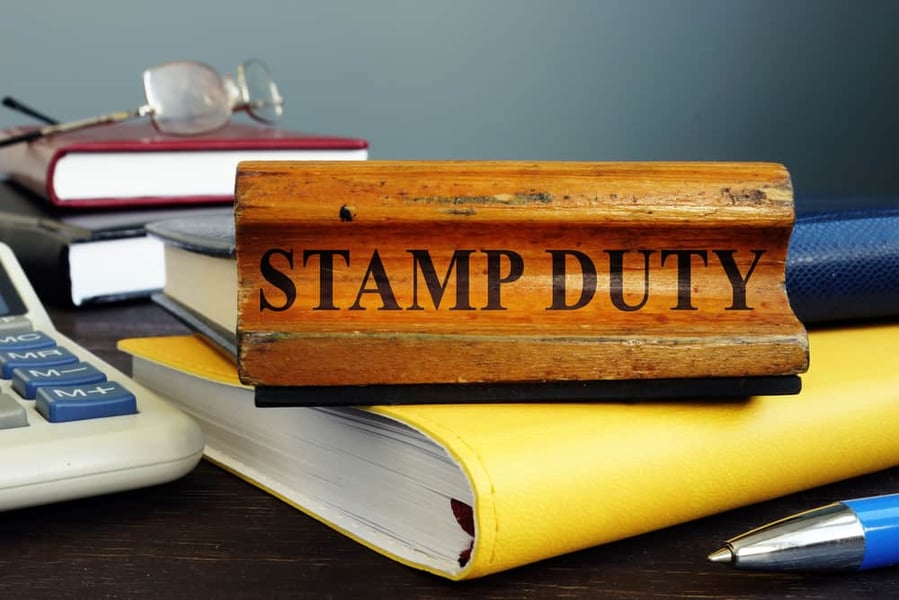The stamp duty holiday has provided a confidence boost to buyers and helped to stimulate demand in the housing market.

With the stamp duty holiday deadline drawing to a close at the end of the month, Vikki Jefferies, proposition director at PRIMIS said it is unlikely that this will cause a cliff-edge scenario.
She added: "Activity levels are at what we would expect for September, and steady demand is expected to continue after the cut off, bolstered by a rush of new buyers who have potentially waited for the holiday to end in the hope that house prices will level off as a result."
The stamp duty holiday has provided a confidence boost to buyers and helped to stimulate demand in the housing market.
Jefferies said it was positive to see the sector work with the government to extend and taper the tax holiday, providing the time needed to process record-breaking levels of demand and ensure few buyers missed out on the initial deadline.
Looking to the future, Jefferies said she expects to see activity propped up by remortgaging cases in October, as there is set to be a record number of early repatment charge (ERC) expiries in the month.
She said: "These cases will likely lead to a significant increase as buyers seek advice to get the best deal possible in what is currently a very competitive market."
Meanwhile, Nick Chadbourne, chief executive at LMS said there may be a slight slow down following the conclusion to the tax holiday.
He said: "While there may be a marginal slowdown in purchase activity following the end of the stamp duty holiday, the key drivers that motivate people to move, such as seeking larger rural homes, will continue long after the Stamp Duty Land Tax (SDLT) comes to an end."
Chadbourne said the only factor that is likely to make a dent in people’s motivation to buy is a lack of stock, as demand continues to outstrip supply, which can make it harder to find the right property.
In addition, he said it is unlikely there will be a significant change in the low rates on offer.
He added: "While the break might have contributed to lenders’ decisions to lower rates, it was not the main driver.
"Many borrowers have increased their savings over the course of the pandemic, meaning that banks have more options to offer very low rates to those with high deposits, who fit their risk criteria.
“Even if purchase activity does drop, the other side of the market – remortgaging – is heating up.
"We’re set to see a surge of ERC expiries this October, which should contribute to a flurry of remortgage activity as borrowers look to secure a new fixed rate deal."
Jonathan Stinton, head of intermediary relationships at Coventry Building Society, also said that new home enquiries might dip following the end of the holiday, although expects this to stabilise fairly quickly.
He said: "Moving into Q4, there are thousands of residential and buy-to-let mortgages due to mature, as well as clients with new personal and financial circumstances to consider following the pandemic.
"This is where brokers can truly add value – by making the most of their expertise to help clients navigate the mortgage market and find the best product for their needs."
As well as this, Stinton pointed to the upcoming Budget, saying: "With the taxman still taking a very healthy amount of revenue throughout the stamp duty holiday, it could be time for a review of the whole system, to ease the extra financial burden for most homebuyers.”
In contrast, Conor Murphy, chief executive at Smartr365, warned about the effect the conclusion of the stamp duty holiday will have on the market's activity levels due to the ongoing rate war.
He said: “The stamp duty tax break has enabled many thousands to take their first step onto the property ladder and with the ONS confirming this week that average UK house prices are up by 8% on those last year, I am worried that some buyers will be shut out of the market until another similar scheme comes along.
"Lifting the current stamp duty threshold on a permanent basis could be invaluable in ensuring the market remains accessible to all.”



